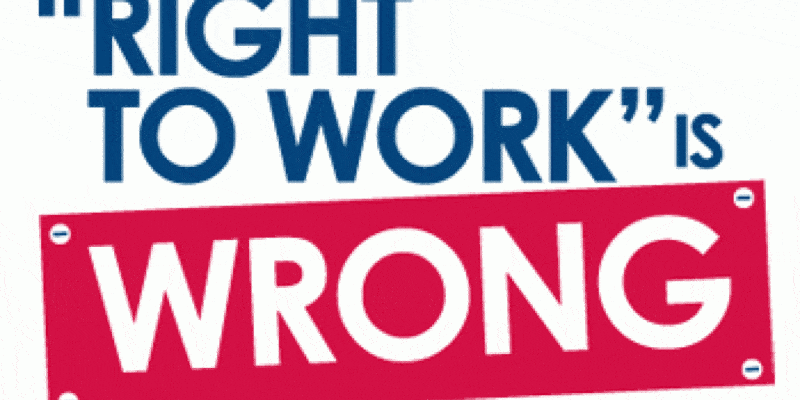Updated Sep 4; Posted Sep 4
By Kristin LaFratta
In Massachusetts, state officials found $9.6 million in restitution and penalties against businesses and employers who stole wages and exploited workers.
Attorney General Maura Healey released a 2018 Labor Day report this week that explores the findings of wage theft and other means of exploiting workers. Investigations were performed by the AG’s Fair Labor Division, or those who enforce wage laws and the fair bidding of construction projects.
The report revealed wage theft and labor violations occurred across industries, and many by contractors based outside of Massachusetts. In fiscal year 2018, Fair Labor conducted 247 “field visits” across Massachusetts to investigate unfair pay practices, which found both civil and criminal violations in various businesses.
Healey said her office chose to prioritize wage theft in the construction industry last fiscal year, which resulted in nearly $1.5 million in penalties and restitution, according to the report. In that time Fair Labor issued citations or other assessments against 61 different employers in the construction industry.
Methuen’s E.J. Paving Company, Florida-based contractor Southern Road and Bridge, LLC and J. Donlon & Sons Inc., which worked on a public works project in Medford, were among the “notable cases” listed in the report, all of which failed to pay workers properly in overtime pay or minimum wage.








